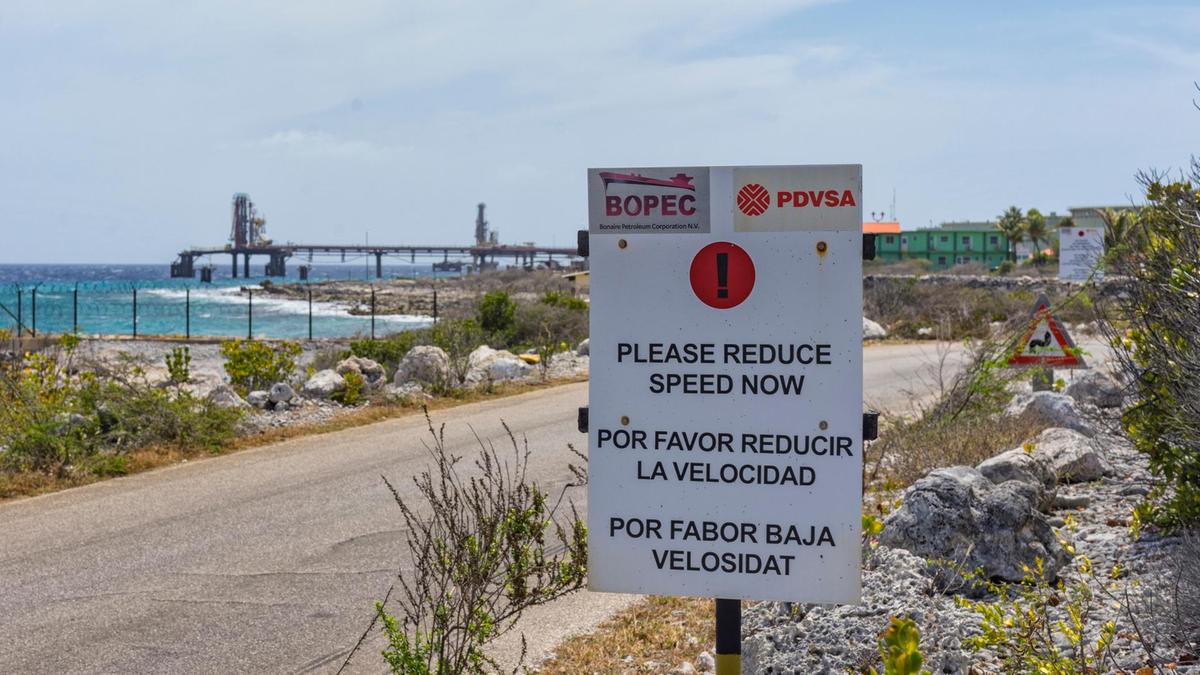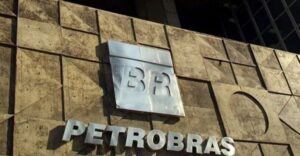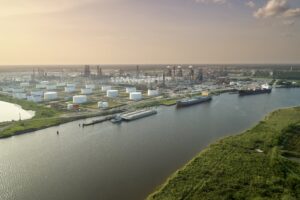
(Argus, 28.Aug.2020) — Another Dutch Caribbean island is racing to safeguard and possibly sell Venezuelan fuel oil before a US sanctions window closes in December.
Bonaire hosts Venezuelan state-owned PdV’s 10mn bl Bopec oil terminal, one of the few offshore assets that remains in the Caracas-based company’s hands. Following years of neglected maintenance at the site, the Netherlands’ Environment and Transport Inspectorate (ILT) issued an “administrative coercion” order for the Bopec terminal to transfer close to 1mn bl of fuel oil into safety-certified tanks by 1 October, with the ILT footing part of the bill, to be recovered later from Bopec.
The high-sulfur fuel oil will be transferred from five tanks into two larger ones that will be certified in September by a Dutch contractor in time to meet the deadline, a senior Bopec official told Argus.
As preparations for the mandated transfer proceed, Bopec is looking to follow in the footsteps of Curacao, which is selling stored Venezuelan fuel oil to pay local debts under the terms of a special license from the US Treasury Department’s Office of Foreign Assets Control (OFAC). One cargo was sold to Vitol this month, and another sale is pending.
In a similar proposed strategy, Bopec is seeking ILT permission for one-time use of a jetty to sell the fuel oil in order to pay local labor liabilities. Restoring Bopec requires extensive repairs to the jetties, pipelines, tanks, firefighting equipment and electrical systems. But with flexible hoses and other equipment, and technical support from the Port of Rotterdam, the one-time job can be safely conducted, the Bopec official says.
Bonaire’s circumstances are more complex than those of Curacao, where the port infrastructure is in better shape. PdV — a key target of US sanctions — still owns Bopec, and Bopec retains title to the oil. In Curacao’s case, title was transferred to a local broker after PdV withdrew in December 2019 when its Isla refinery and Bullen Bay terminal lease expired.
Further complicating Bonaire’s case is a March 2020 debt-related takeover by Curacao’s state-owned RdK of shares in Propernyn, PdV’s Dutch subsidiary that owns Bopec. “The Bopec inventory of products is titled to Bopec, against whom RdK has no claim,” RdK told Argus.
Bonaire’s Ofac license also lapses in December, so time to address cumbersome bureaucratic requirements and market the oil is running out, unless OFAC grants a six-month license extension, Argus is told.
Dark Legacy
Scuba-diving hotspot Bonaire is part of the Netherlands, unlike Curacao, which is an autonomous member of the Dutch kingdom.
In the latest evidence of PdV’s grim environmental legacy in the Caribbean, maintenance and improvements at Bopec have “stagnated” because its parent company lacks funding, ILT said on 26 August. Of particular concern is a leaky floating roof on one of the tanks, as reported by Bopec in late July, ILT said. “The roof can fill up with rainwater and sink during heavy rainfall. A sinking roof can cause major damage to the tank wall, allowing the contents to flow out.”
__________
By Patricia Garip

